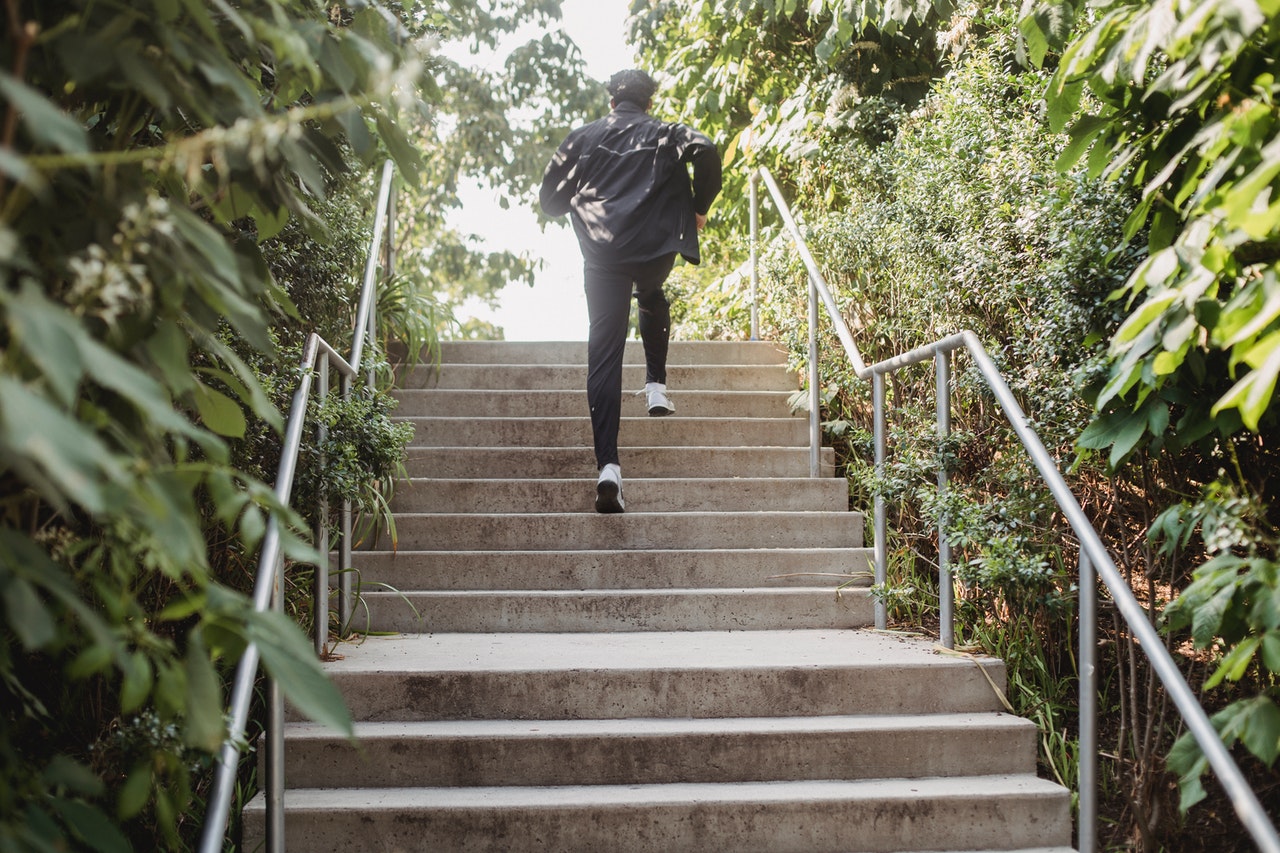Clinical depression has fast become the leading cause of disability around the world (1). Driven by an interplay of our biology, social circumstance and psychological health, we are all susceptible to developing this illness, particularly during times of significant unrest in life (2).
Men suffer from depression in significant numbers and recent research suggests that they more than likely suffer in silence, particularly in comparison to women (3). Suicide is the leading cause of death in men aged 15-44 (4). Research is helping us understand the specifics of male depression (5) and, fortunately, there are useful interventions available to manage and even overcome this condition (6).

Not just an off day
Whilst we all experience sadness and may have an off day or even week, depression at the clinical level, is a much more significant manifestation of these emotions. When diagnosing Major Depressive Disorder (the clinical name for depression) appropriately qualified health professionals are on the lookout for the following signs and symptoms to have been present most of the time in the past 2 weeks:- Depressed mood, feeling empty, worthless or hopeless.
- Loss of interest/pleasure in things.
- Fluctuations in weight/appetite, particularly rapid changes (without dieting);
- Sleeping significantly more or less.
- General sense of fatigue or loss of motivation.
- Decreased concentration or memory difficulties.
- Thoughts of suicide or harming oneself (7).
- Anger and irritability: excessive lashing out or even violence towards others.
- Increased risk taking showing a lack of care for consequences.
- Covering up or minimising of emotions: spending more time at work, for example, or withdrawing socially.
- Increased drug and/or alcohol use: needing something to “take the edge of”.
- Increase in complaints associated with the body’s function: aches, pains, sleep issues, decreased libido (5).

Don’t ask, don’t tell
The role of shame and stigma is often considered a predictor of how an individual progresses through a mental health condition (9). For men, particularly those that subscribe to traditional masculine ideals of stoicism and independence, coming forward to seek help can be particularly challenging. In fact, the more a man has endorsed these traditional masculine ideals, evidence suggests an association with increased risk of depressive symptoms (10).The key barriers are often the shame associated with appearing out of control as well as stigmatised rhetoric from others around showing vulnerability (11, 12). These types of comments can be over-internalised which eventually perpetuates depressive symptoms (12).

Ways to help with depression
Psychological therapy with or without pharmaceutical intervention is the gold standard for effective treatment of depression. Additionally, there are some ways that the depressed man we can help himself:- Lifestyle changes: Partaking in physical exercise and keeping a healthy diet are well-established ways of overcoming depression. Consider daily exercise as part of your daily routine.
- Social connection: Support from our peers and talking through concerns provide a healthy way to alleviate low mood. Charitable services like The Men’s Table or communities attached to movements like The Push-up Challenge provide a great safe space to connect to others.
- Online programs: Self-directed e-mental health programs with relevant psychological content. Australian programs such as myCompass, THIS WAY UP, and MoodGYM are all great ways to get self-paced help.
If concerned about a man experiencing depression, consider making the conversation more accessible by destigmatising negative feelings. Remind him that it takes strength to work on ourselves.
For more information on The Men’s Table please visit themenstable.org.
Alex Mottee
Clinical Psychologist, B.S. (Psych), M Psych (Clin), abclinicalpsychology.com.au.
(1) Friedrich MJ. Depression is the leading cause of disability around the world. Jama. 2017 Apr 18;317(15):1517-.
(2) World Health Organization. Depression and other common mental disorders: global health estimates. World Health Organization; 2017.
(3) Kessler RC, Berglund P, Demler O, Jin R, Koretz D, Merikangas KR, Rush AJ, Walters EE, Wang PS. The epidemiology of major depressive disorder: results from the National Comorbidity Survey Replication (NCS-R). Jama. 2003 Jun 18;289(23):3095-105.
(4) Australian Bureau of Statistics. Causes of Death [Internet]. Canberra (AU): Australian Institute of Health and Welfare [updated 2021, cited 2022 May 29]. Available from: https://www.aihw.gov.au/reports/life-expectancy-death/deaths-in-australia/contents/leading-causes-of-death
(5) Oliffe JL, Rossnagel E, Seidler ZE, Kealy D, Ogrodniczuk JS, Rice SM. Men’s depression and suicide. Current psychiatry reports. 2019 Oct;21(10):1-6.
(6) Black Dog Institute. Treatments for Depression [Internet]. Sydney (AU): Black Dog Institute [updated 2022, cited 2022 May 29]. Available from: https://www.blackdoginstitute.org.au/resources-support/depression/treatment/
(7) American Psychiatric Association DS, American Psychiatric Association. Diagnostic and statistical manual of mental disorders: DSM-5. Washington, DC: American psychiatric association; 2013 May.
(8) Cole BP, Davidson MM. Exploring men’s perceptions about male depression. Psychology of Men & Masculinities. 2019 Oct;20(4):459.
(9) Livingston JD, Boyd JE. Correlates and consequences of internalized stigma for people living with mental illness: A systematic review and meta-analysis. Social science & medicine. 2010 Dec 1;71(12):2150-61.
(10) Herreen D, Rice S, Currier D, Schlichthorst M, Zajac I. Associations between conformity to masculine norms and depression: age effects from a population study of Australian men. BMC psychology. 2021 Dec;9(1):1-0.
(11) Seidler ZE, Dawes AJ, Rice SM, Oliffe JL, Dhillon HM. The role of masculinity in men's help-seeking for depression: a systematic review. Clinical psychology review. 2016 Nov 1;49:106-18
(12) Rice SM, Aucote HM, MÖLLER-LEIMKÜHLER AN, Parker AG, Kaplan RA, Seidler ZE, Dhillon HM, AMMINGER G. Conformity to Masculine Norms and the Mediating Role of Internalised Shame on Men's Depression: Findings from an Australian Community Sample. International Journal of Men's Health. 2016 Jun 1;15(2).




